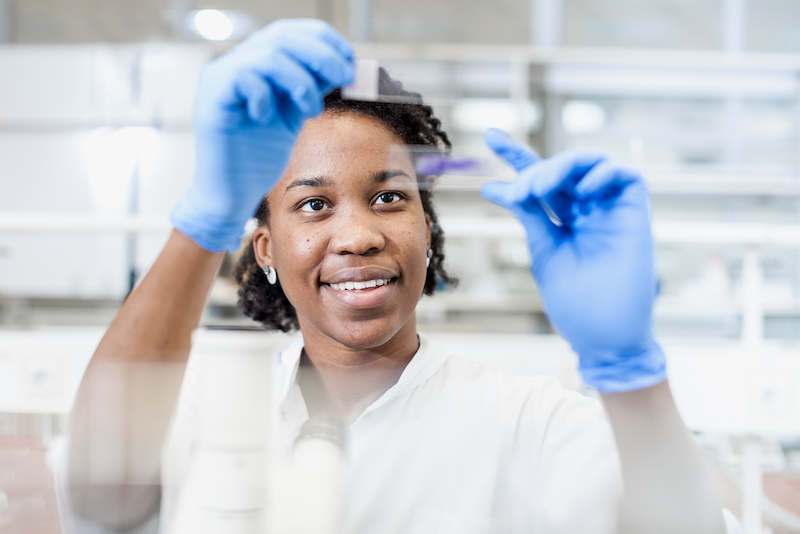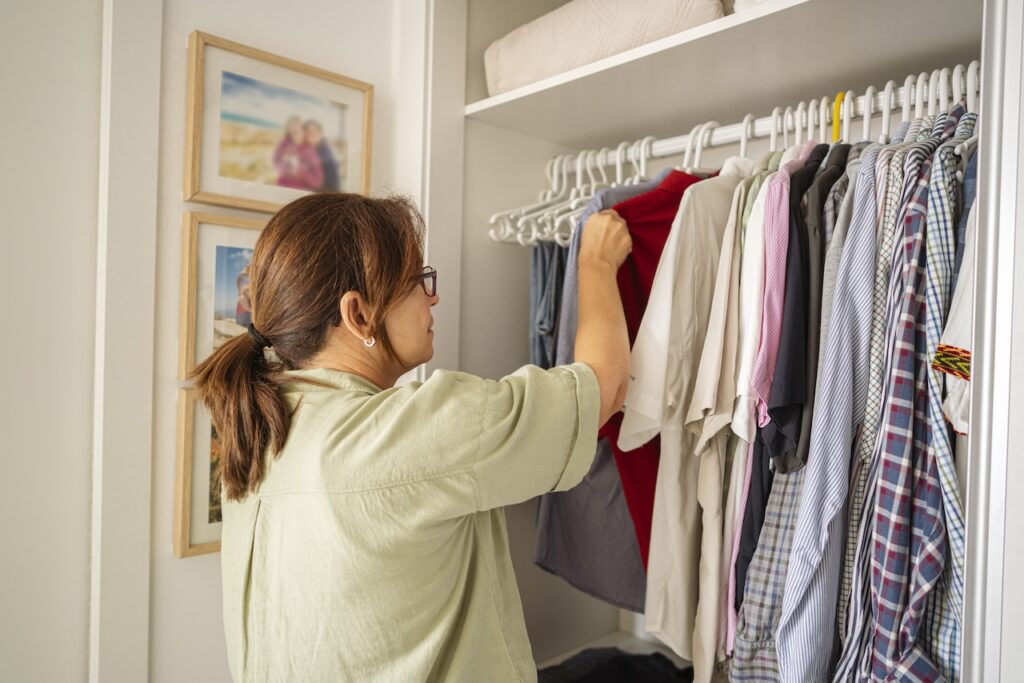The first step to cancer treatment is talking to your care team about their approach to getting a proper diagnosis. In most cases, cancer is diagnosed through a biopsy of cells or body tissue taken either by a surgeon or a specialist.
The tissue cells from your biopsy can help determine the characteristics of your cancer. It can reveal if cancer has spread, if the cancer cells contain any genetic mutations that could affect your treatment, and your chance of recurrence later on.
When is a biopsy not enough?
During a biopsy, whether it’s done through a fine needle procedure, an endoscope, or surgery, there are some instances where there might be a barrier to getting a good sample.
If the tumor is hard to reach, growing in your bones, or if your health is compromised in other ways, it might be more difficult to conduct a biopsy. If this is the case, your care team may collect a blood sample in addition to a tissue biopsy sample when determining your diagnosis.
It is important to note that not all cancers shed cells into the blood, so liquid biopsies may not be an option for all patients. Speak with your oncologist to better understand how this applies to you.
What is a liquid biopsy?
A liquid biopsy involves taking a blood sample or other type of bodily fluid (such as pleural fluid) to test for cancer. Many cancers shed cells directly into your blood, which can show proteins, cancer cells, and genetic materials like DNA or RNA in the pathology report.
These genes and proteins can be used as cancer biomarkers, to guide your treatment, assess your risks for cancer, and determine your chances of having the cancer spread or grow. The liquid biopsy can also provide insight into your matchability for a clinical trial or research study that you may not have known.
If you’re looking for a second opinion on a cancer diagnosis, your tissue, and liquid biopsies can help another doctor either confirm the diagnosis or make recommendations for repeating the tests.
How long are pathology specimens kept?
Most clinical labs are regulated and certified as CLIA (Clinical Laboratory Improvement Amendments) and they are required to keep your slides for at least 5 years. So whether you need a pathology review for a second opinion or your care team needs to review the sample, you and your doctor will have the information needed.
If you have additional questions about biopsy for a particular type of cancer, or you would like to learn more about clinical trials, you can connect with an Outcomes4Me oncology nurse practitioner at no charge through the Outcomes4Me app, using the “Ask Outcomes4Me” button.
Personalized support for real care decisions
Understand your diagnosis, explore clinical trials, and track symptoms--all in one place.
Get started
Compare treatments, prepare for appointments, and track side effects—all in the app
Built for your diagnosis, Outcomes4Me gives you the tools to make confident, informed decisions—right when you need them.
Continue in app







